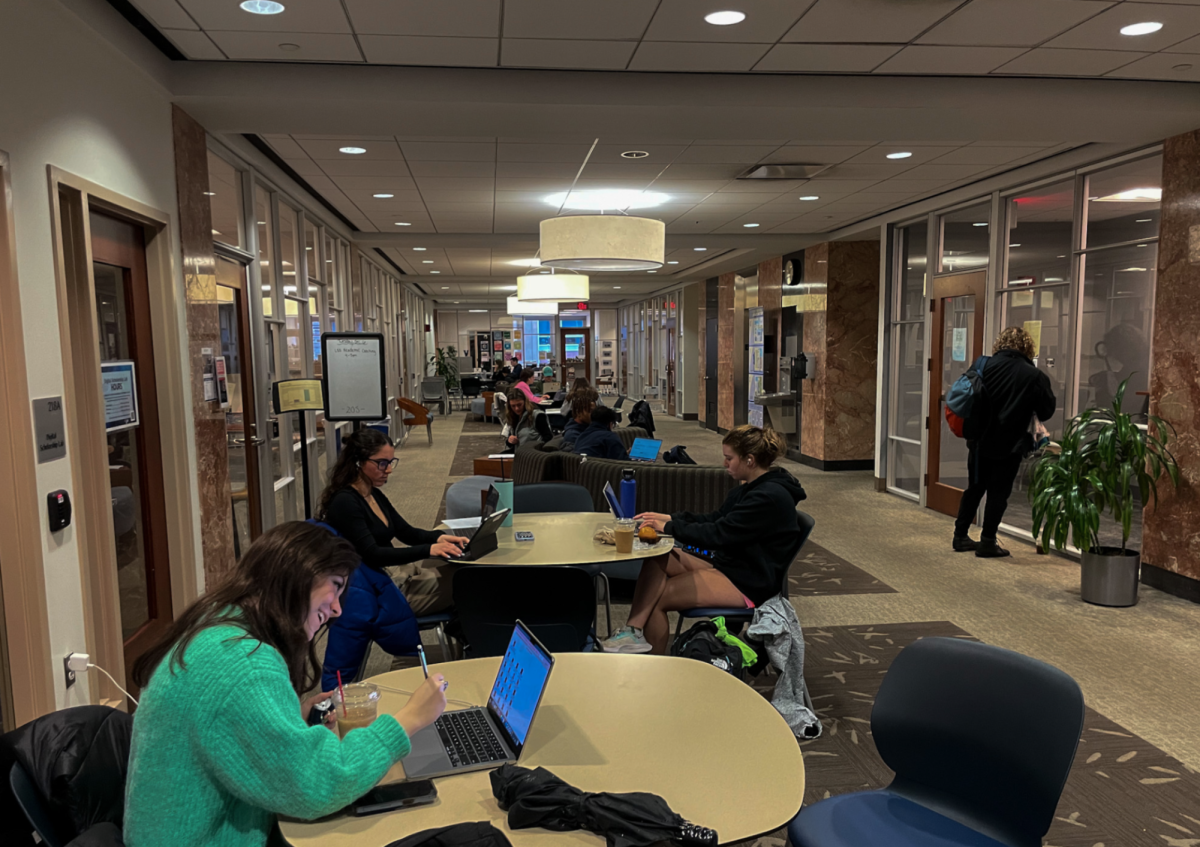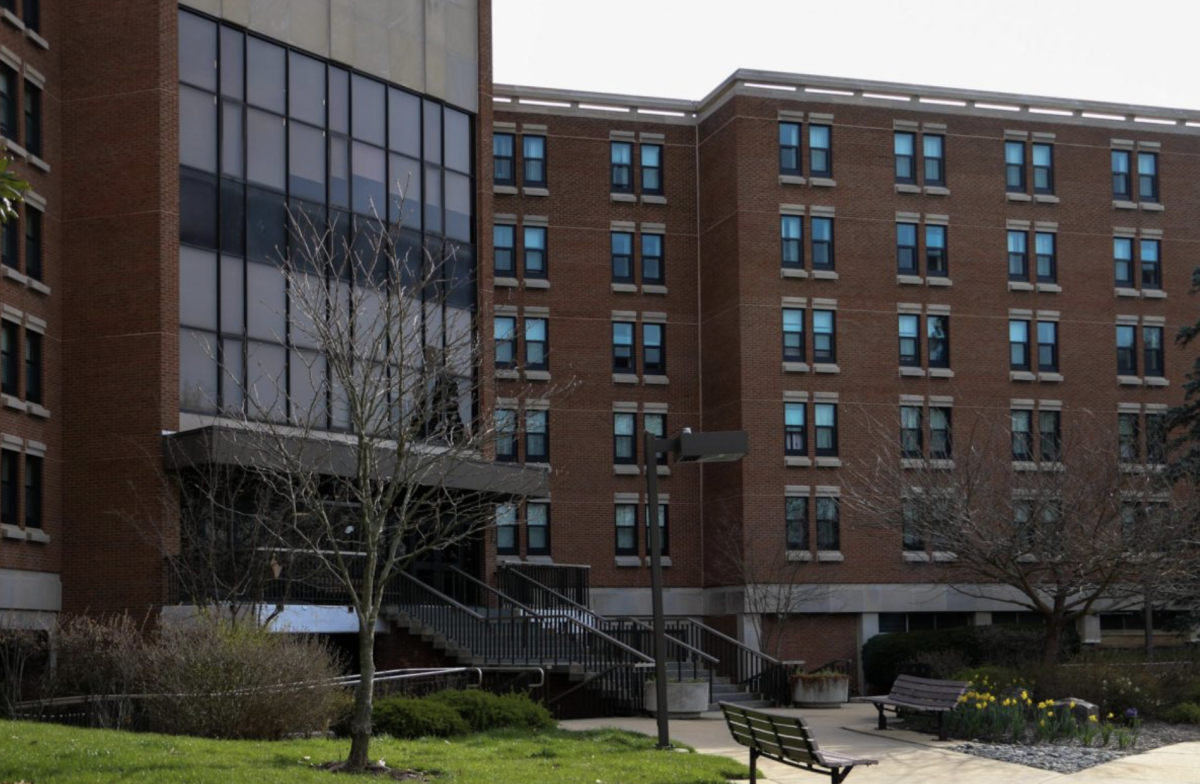When students hear a professor announce the proposal for group projects, mixed feelings flood the room. Some emit grunts and roll eyes. Others smile and cheer. In the fast-paced world of today, teamwork and collaboration are important factors that contribute to learning. Not only do group projects foster new connections with people and academic achievement, but they also teach valuable skills such as communication, reliability and responsibility. Although some view groupwork with distaste and annoyance, I can assure students that working together is beneficial not just for the success of today, but also for creating achievement in the future.
Group projects enhance learning because of the required collaboration and discussion with other people. For example, last semester, students in GEV 1051 participated in a semester-long research project accompanied by their peers and their lab advisors.
“[The group project was an] excellent way to get to know my classmates on a more personal level, as well as enhance my overall learning of the course,” sophomore environmental science student Leila Monks said.
Monks worked on her project with four fellow environmental science students, conducting research on transportation to three different locations around Villanova.
“The project also gave me more confidence around my classmates as I knew I gained more support from them after working with them for so long,” Monks said.
The skills of public speaking, peer support and social interaction are not only ones that can be gained from group projects as a college student now, but can also accompany one further in their future endeavors and professions.
Students also find collaboration to reap benefits in other areas, such as through classwork or homework. Sophomore chemical engineering student Kylah Rice expressed her appreciation toward homework collaboration.
“I like it because it is low commitment so it’s easy to find a time to work with the group,” Rice said. “It is helpful to work through problems together because usually the hardest part is figuring out where to start, and you can work together for that to foster the ability to set up the problems.”
This assignment boosted creativity and brainstorming, which is another reason why group projects are valuable. In Rice’s experience, groups can pool their resources together to begin a problem, leading to optimal outcomes. Being able to interact with other people and collaborate with them enables one to effortlessly work with people in the future after college. Also, the art of brainstorming leads to more innovative and more creative solutions for the group, overall.
Group collaboration also leads to the improvement of social skills and relationships. Sophomore Dylan Dickensheets shared how a new friendship blossomed from a group project last year.
“We had all our classes together and got assigned a project to work on last year,” Dickensheets said. “This year, we now meet to do our homework, and we wouldn’t have been friends if it weren’t for that project.”
In Dickensheets’ experience, spending time with others while collaborating on a shared assignment created a lasting friendship that she maintains to this day. These social skills of forming and maintaining relationships are important to navigate life, and she acquired them from the group project assignment.
These benefits illuminate why group projects are not just an educational tool nor an annoying requirement from your college professor, but a vital component toward personal and professional development. Without them, students wouldn’t form necessary communication skills, newfound relationships or important collaboration methods. By embracing these annoying assignments, one might find yourself with new friends and new strengths.







